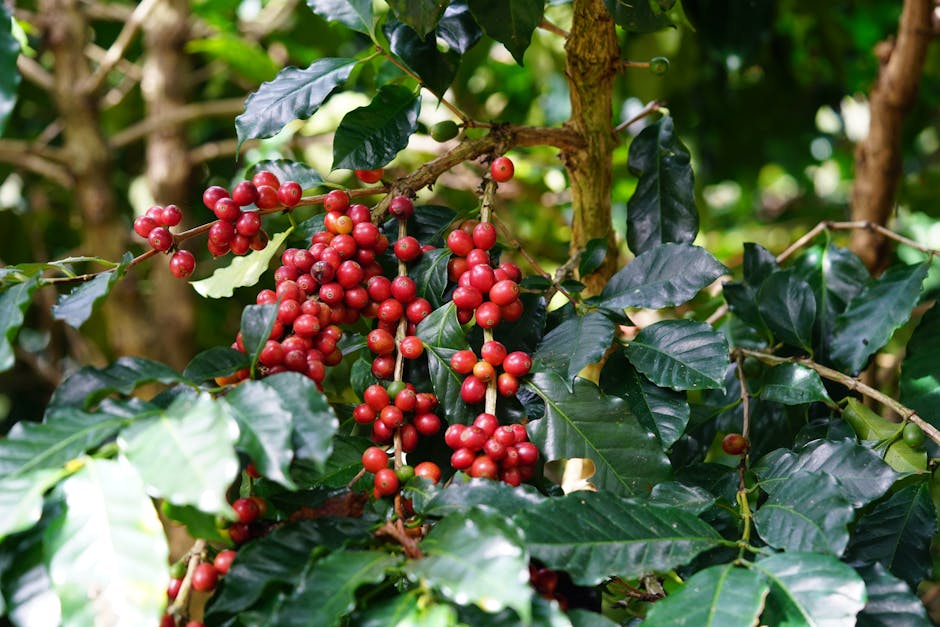ZUS Coffee: Redefining Specialty Coffee Landscape in Southeast Asia

ZUS Coffee: Redefining Specialty Coffee Landscape in Southeast Asia
In recent years, ZUS Coffee has emerged as a formidable player in the Southeast Asian coffee market, outpacing traditional giants like Starbucks. With a unique blend of technology-driven efficiency, localized offerings, and aggressive expansion, ZUS Coffee has skillfully navigated the competitive terrain to establish itself as the largest coffee chain in Malaysia, setting sights on broader regional dominance.
The Evolution and Strategy of ZUS Coffee
Market Leadership and Expansion: Established as a market leader in Malaysia with over 743 stores, ZUS Coffee's strategy has been clear from the beginning—combine quality with affordability and technological innovation. The chain has not only surpassed Starbucks in terms of outlet count in Malaysia but is also setting in motion plans to expand further into Thailand, Indonesia, and Singapore. This rapid expansion is supported by a recent injection of approximately $57.5 million, aimed at scaling operations and enhancing digital infrastructure.
Technological Integration: From its inception, ZUS Coffee has placed a significant emphasis on digital operations, which now account for 70% of their sales. This digital-first approach, encompassing mobile ordering and efficient service delivery, has not only provided resilience during the pandemic but has also set a new benchmark for the industry.
Localized and Innovative Offerings: Understanding local tastes and preferences has been pivotal for ZUS Coffee. Tailoring their menu with local flavors like palm sugar lattes in Malaysia and purple yam coffee in the Philippines underscores their commitment to cultural integration. Furthermore, collaborations with plant-based brands signal a forward-thinking approach to menu innovation, aligning with global trends towards health and sustainability.
Competitive Edge in a Crowded Market
ZUS Coffee's operational model and market strategy starkly contrast with its competitors. While Starbucks focuses on premium cafe experiences and international menu offerings, ZUS Coffee has carved a niche with its affordable, high-quality alternatives and hyper-localized products. This strategy not only broadens its appeal across various demographics but also insulates it from risks associated with global brand perceptions that can sometimes lead to boycotts or backlash, as seen with Starbucks in recent years.
Digital and Strategic Forethought
The use of technology by ZUS Coffee extends beyond simple transactional processes. By harnessing data analytics and consumer insights, ZUS is able to personalize customer interactions, fostering loyalty and enhancing consumer engagement across its digital platforms. This proactive digital strategy is likely to continue paying dividends as they expand into more tech-savvy Southeast Asian markets.
ZUS Coffee's relentless focus on combining technology with a deep understanding of local market dynamics positions it uniquely for sustainable growth in the highly competitive coffee industry.
Looking Ahead: Challenges and Opportunities
Market Saturation and Expansion Risks: While ZUS Coffee leads in Malaysia, market saturation is a looming challenge. The focus may need to shift from expansion to enhancing in-store experiences and diversifying product offerings in these mature markets. Additionally, as they move into newer territories, maintaining consistency and quality will be crucial to preserve brand integrity amid rapid expansion.
Innovative Sustainability Practices: ZUS Coffee's commitment to sustainability is not just a corporate responsibility but a strategic differentiation factor. Continued investment in sustainable practices and partnerships with local food tech innovators could further enhance its market position and appeal to a growing segment of environmentally conscious consumers.
Conclusion: A Forward-Thinking Market Leader
ZUS Coffee's blend of innovative strategies, market acuity, and technological prowess not only sets it apart in the ever-evolving coffee industry but also serves as a model for modern retail enterprises grappling with digital transformation and globalization. Moving forward, ZUS Coffee's ability to balance rapid expansion with sustainable and localized offerings will be key to its long-term success and influence in the Southeast Asian market.
